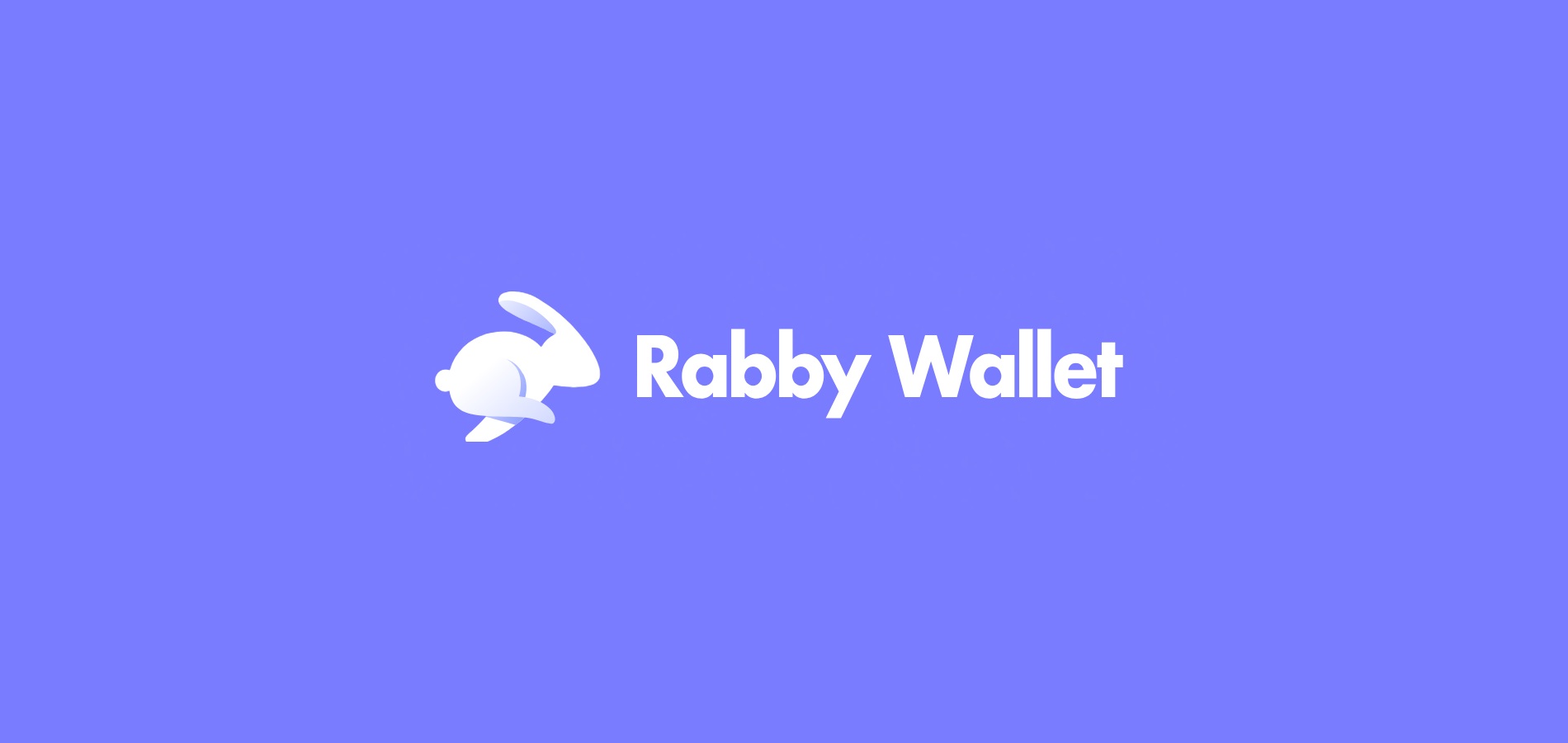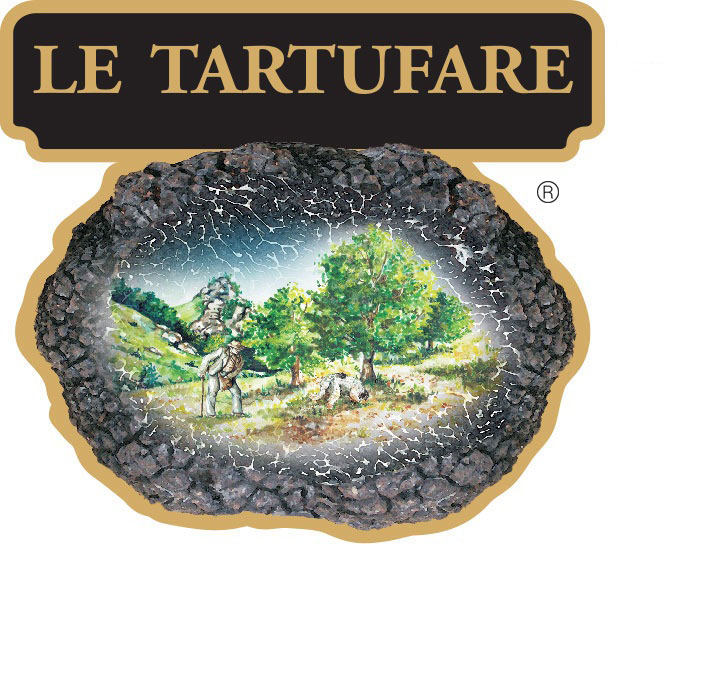Ever felt like DeFi is this wild west with a shiny lock that’s not really locked? Yeah, me too. I dove into this space thinking, “Cool, decentralized finance means freedom and security,” but the reality? It’s a bit messier. The more I scratched beneath the surface, the more I realized that interacting with smart contracts and juggling assets across chains requires not just savvy—but a wallet that’s up to the task.
Here’s the thing. You can’t just slap on any browser wallet and call it a day. Multi-chain support is one thing; actually managing security across them is another beast entirely. And then there’s the whole smart contract interaction angle—which, if handled sloppily, can drain your funds faster than you can say “rug pull.”
So, what’s the solution? I mean, on one hand, you want convenience, but security can’t be an afterthought. On the other hand, many wallets promise the moon but leave you exposed. I stumbled on the rabby extension and thought, “Hmm… could this be different?”
Seriously, it’s worth a closer look. Because if you’re deep into DeFi, you already know that one misstep interacting with a smart contract can cost you big time. Managing cross-chain swaps? That’s another layer of complexity where things can—and do—go sideways.
Wow! Let me break down why these issues matter more than you might think.
Smart Contract Interactions: The Double-Edged Sword
At first, smart contracts feel like magic. Set your rules, and the code enforces them automatically. Sounds perfect, right? But here’s where my intuition kicked in: something felt off about blindly clicking “Approve” everywhere. I quickly learned that many contracts request excessive permissions—sometimes far beyond what’s necessary. My gut said, “Slow down, you’re handing over the keys to the kingdom.”
Actually, wait—let me rephrase that. It’s not just about caution; it’s about having a tool that helps you understand what you’re approving. The rabby extension has this nifty feature that lets you review contract calls and approvals in detail. That’s a game changer. Instead of blindly trusting, you get to see potential risks upfront.
On one hand, this feels like a lot of extra work. Though actually, if you think about it, isn’t it better than losing everything? I’ve seen friends get wrecked just because their wallet didn’t warn them about a sneaky contract draining tokens.
Plus, the way rabby handles transaction batching and gas fee optimization? Pretty slick. It saves money and time, which in DeFi is very very important. That’s the kind of practical security I’m talking about.
Okay, so check this out—
Cross-Chain Swaps: Convenience Meets Risk
Cross-chain swaps are like the holy grail of DeFi convenience. Move your assets smoothly between Ethereum, Binance Smart Chain, Polygon, and others without jumping through hoops. But here’s the catch: the more chains you interact with, the more attack surfaces you create.
I remember trying out a popular cross-chain swap last year and, honestly, something about the UX made me uneasy. Transactions took longer than expected, and the confirmation process was murky. My instinct said, “Could this be exploited?” And it turns out, in some cases, bridges and swap protocols have been exploited for millions.
That’s why having a wallet that understands these nuances and provides clear, transparent operations is vital. The rabby extension supports multiple chains seamlessly while giving you control and visibility. Being able to confirm exactly what’s happening under the hood is a big security boost.
And yeah, sometimes you want to just trust the tech. But in DeFi, trust is earned, not given. I’m biased, but this kind of wallet-level transparency makes me sleep better at night.
Hmm… something else bugs me about most wallets—they treat all chains the same, but each chain has unique quirks and risks. Rabby’s approach to chain-specific security checks feels more tailored, which is refreshing.
Check this out—

Here’s a snapshot from my setup showing how the wallet handles approvals across different chains. You can see the clear call-to-action prompts and warnings before you commit any transaction. That’s the kind of UX that blends security and usability.
Why Multi-Chain Wallets Need to Evolve
Initially I thought all wallets were basically the same, just different skins. But after juggling DeFi protocols on multiple chains, I realized that each wallet’s security model can make or break your experience. Some wallets are slow to update, leaving you vulnerable to new exploits. Others overwhelm you with technical jargon.
What’s fascinating about the rabby extension is how it balances advanced security features with a clean, approachable UI. It’s like having a savvy DeFi friend guiding you, not a cold piece of software.
Here’s where the complexity kicks in though—security often conflicts with convenience. But that tradeoff doesn’t have to be brutal. Rabby’s smart contract interaction safeguards and cross-chain support show that wallets can evolve beyond simple key storage to active security partners.
Oh, and by the way… it supports hardware wallets integration too, which is a big plus in my book. It’s like adding an armored vault on top of a Swiss army knife.
Seriously, as DeFi grows, I think wallets like rabby will become the new standard, especially for users who aren’t just dabbling but seriously managing multi-chain assets.
Wrapping It Up (But Not Really)
So here’s the kicker—DeFi security isn’t just about avoiding scams or phishing. It’s about having tools that empower you to interact safely and smartly with the ever-expanding blockchain universe. Multi-chain swaps and smart contracts aren’t going away; they’re accelerating.
Yeah, I started skeptical, then a bit overwhelmed, and now cautiously optimistic. The rabby extension caught my eye because it’s not just another wallet; it’s a security mindset wrapped in a browser extension.
Honestly, I’m not 100% sure it’s perfect—no tool ever is—but it’s the kind of innovation that could save you from losing your hard-earned crypto. So if you’re diving deep into DeFi across chains, it’s worth giving it a shot. You might find yourself thinking, “Why didn’t I do this sooner?”
